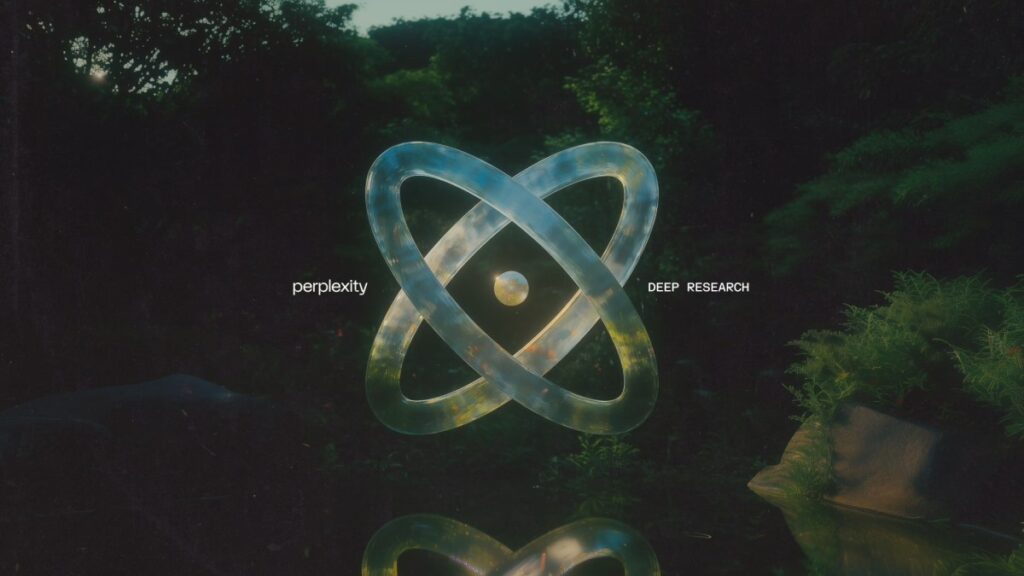Perplexity has become the latest AI company to release an in-depth research tool, with a new feature announced Friday.
Google unveiled a similar feature for its Gemini AI platform in December. Then OpenAI launched its own research agent earlier this month. All three companies even have given the feature the same name: Deep Research.
The goal is to provide more in-depth answers with real citations for more professional use cases, compared to what you’d get from a consumer chatbot. In a blog post announcing Deep Research, Perplexity wrote that the feature “excels at a range of expert-level tasks—from finance and marketing to product research.”
Perplexity Deep Research is currently available on the web, and the company said it will soon be added to its Mac, iOS, and Android apps. To use it, you just select “Deep Research” from a drop-down menu when you submit your query in Perplexity, which will then create a detailed report that can be exported as a PDF or shared as a Perplexity Page.
To create this report, Perplexity said Deep Research “iteratively searches, reads documents, and reasons about what to do next, refining its research plan as it learns more about the subject areas,” supposedly “similar to how a human might research a new topic.”

The company also highlighted its performance on Humanity’s Last Exam, an AI benchmarking test with expert-level questions in a variety of academic fields. Perplexity said its Deep Research tool scored 21.1% on the test, easily beating most other models, such as Gemini Thinking (6.2%), Grok-2 (3.8%), and OpenAI’s GPT-4o (3.3%) — but not quite matching OpenAI’s Deep Research (26.6%).
But while you currently need a $200-per-month Pro subscription to use OpenAI’s Deep Research (the company plans to expand to other subscription tiers), Perplexity’s Deep Research is available for free — non-subscribers get an unspecified-but-limited number of queries per day, while paying subscribers get unlimited queries.
Perplexity’s Deep Research also seems to perform more quickly, completing most tasks in under three minutes compared to 5 to 30 minutes for OpenAI Deep Research.
Asked to compare the various deep research products, Perplexity offered an overview of the different technologies, pricing models, and performance in different use cases and subject matters, with links to articles about each feature). It summarized the differences as follows:
- Perplexity AI excels in speed and accessibility for casual researchers
- OpenAI dominates in analytical depth for enterprise applications
- Google integrates most seamlessly with existing productivity ecosystems
While it’s too early to know how these tools will affect everyday and professional research as they become more popular, The Economist recently highlighted shortcomings to OpenAI’s Deep Research that likely apply here too: not just limitations to its “creativity” in interpreting data and a tendency to rely on sources that are “easily available,” but a larger risk that “outsourcing all your research to a supergenius assistant” could “reduce the number of opportunities to have your best ideas.”
